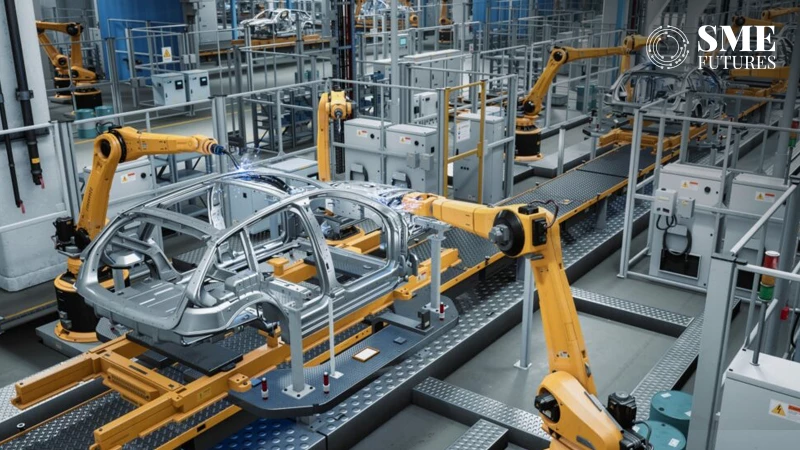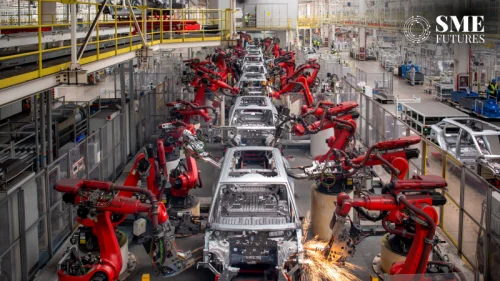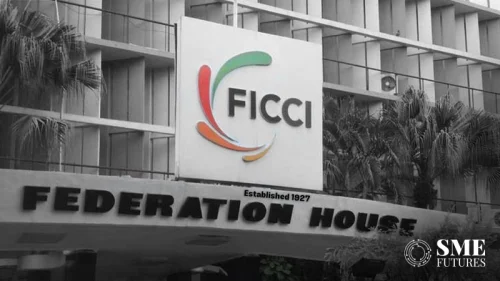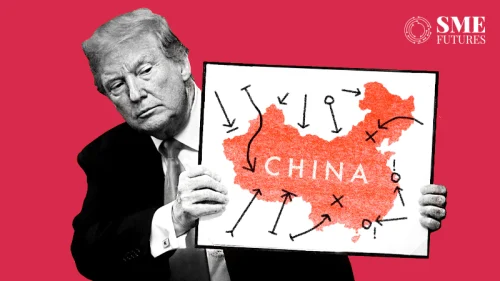Report on PLI ACC Scheme: A recent report, “Pathways to Electrical Mobility: Comprehensive Approach for ZEV Mandates & EV Transition in India,” delves into the requirements for effective Zero Emission Vehicle (ZEV) mandates, drawing lessons from countries like China, the United States, Norway, and the European Union. The report was released alongside “Assessment of the PLI scheme on Electronic Vehicle Manufacturing in India”, at a roundtable organised by the Institute for Competitiveness and Stanford University’s US ATMC.
The collaborative research effort, which includes contributions from the Institute for Competitiveness and US ATMC at Stanford University, features a foreword by G20 Sherpa Amitabh Kant. It highlights the impact that a ZEV mandate could have on India’s electric vehicle (EV) landscape, proposing that it could accelerate EV adoption, reduce import dependency, and contribute to economic and environmental goals. By examining successful global models, the report identifies key challenges in India’s EV sector, including high initial costs, demand-side policy constraints, and limited innovation.
The second report, “Assessment of the PLI Scheme on Electronic Vehicle Manufacturing,” emphasises the importance of the Production Linked Incentive (PLI) scheme for Advanced Chemistry Cells (ACC) in enhancing the EV battery production ecosystem. Using an Input-Output model, the report estimates that the PLI ACC scheme could contribute an additional $19.38 billion to India’s economic output and create approximately 1.03 million jobs. It further stresses the need for investments across the battery value chain, from mining and refining to cell manufacturing and assembly, to meet India’s ambitious EV targets.
During the roundtable, Amitabh Kant emphasised that a ZEV mandate could help India overcome two primary obstacles to EV adoption: high upfront costs and a lack of charging infrastructure. He also underscored the significance of the PLI ACC scheme in promoting local production capacity and innovation.
Dr. Amit Kapoor, Chair of the Institute for Competitiveness, opened the discussion with a comparison of India’s EV ecosystem with that of global leaders, such as China, and stressed the need for supply-side initiatives. Richard Dasher, Director of US ATMC at Stanford University, highlighted the critical role of EVs in the automotive industry and the challenges posed by import reliance, high costs, and the need for increased public and private sector involvement.
Additional insights were shared by NITI Aayog representatives, including Ishtiyaque Ahmed, who noted that India’s automotive sector, growing at a 7 per cent CAGR, is pivotal to the country’s industrial progress. He called for increased R&D funding across key segments of the EV supply chain, while Sudhendu Sinha praised the PLI policy’s high standards, which he argued would lead to world-class production of ACCs.
Other roundtable participants, including Stephen Ezell of The Information Technology & Innovation Foundation, Rajeev Saksena from the Ministry of Finance, and Akshay Sasikumar of 82Volt, discussed topics such as lithium policies, recycling, interoperability standards, and the importance of R&D in building India’s EV ecosystem.
The reports recommend the introduction of a ZEV mandate that encourages collaborative policy-making across the EV value chain, aiming to strengthen domestic manufacturing, foster innovation, and reduce import dependence. Key recommendations also include prioritising investments in charging infrastructure, enhancing public-private collaboration, and advancing R&D to support India’s electric mobility transition.
Authored by Amit Kapoor, Pradeep Puri, Richard Dasher, Nabha Joshi, Kartik, and Sheen Zutshi from the Institute for Competitiveness and US ATMC, the reports provide a roadmap for India to emerge as a leader in electric mobility.











